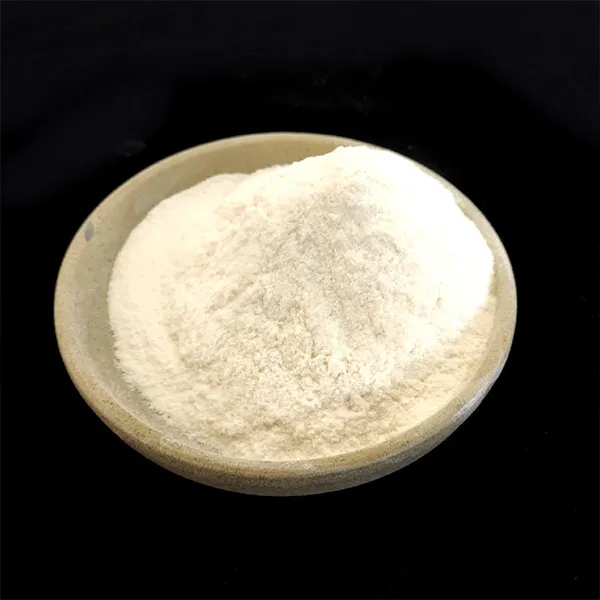Adhesive Methyl Cellulose An Overview
Methyl cellulose is a derivative of cellulose, a natural polymer that is abundantly found in plant cell walls. As an eco-friendly polymer, methyl cellulose has gained significant traction in various industries due to its unique properties. One of its notable applications is as an adhesive, where it serves as an essential ingredient in formulating pastes, gels, and adhesives that are both efficient and versatile.
Adhesive Methyl Cellulose An Overview
One of the primary benefits of using methyl cellulose as an adhesive is its non-toxic and biodegradable nature. Unlike traditional synthetic adhesives that may contain harmful chemicals, methyl cellulose presents a safer alternative for both users and the environment. This makes it particularly appealing for applications in the food industry, where contamination is a major concern.
adhesive methyl cellulose

Moreover, methyl cellulose exhibits excellent shear-thinning behavior, which means that its viscosity decreases under shear stress. This property is particularly useful when applying adhesives, as it allows the adhesive to spread easily, ensuring an even coating on surfaces. After application, it returns to its original viscosity upon rest, providing a strong bond once dried.
In construction, methyl cellulose is frequently used in tile adhesives, joint compounds, and plaster formulations. It enhances the workability of these materials and improves their adhesive properties, enabling strong and long-lasting bonds between materials.
In the arts and crafts realm, methyl cellulose serves as an effective adhesive for paper and other lightweight materials. Its easy cleanup with water and non-toxic nature makes it ideal for educational environments and projects involving children.
In conclusion, adhesive methyl cellulose is a versatile and eco-friendly option that can replace conventional adhesives in many applications. Its unique properties, such as non-toxicity, excellent adhesion, and easy application, contribute to its growing popularity across various sectors. As industries continue to seek sustainable and effective solutions, methyl cellulose stands out as a promising alternative that aligns with environmental considerations and user safety.
-
Rdp Powder: Key Considerations for Wholesalers in the Building Materials IndustryNewsJul.08,2025
-
Key Considerations for Wholesalers: Navigating the World of Hpmc - Based ProductsNewsJul.08,2025
-
Hpmc Detergent: Key Considerations for WholesalersNewsJul.08,2025
-
Key Considerations for Wholesalers: China Hpmc For Tile Adhesive, Coating Additives, Concrete Additives, and MoreNewsJul.08,2025
-
Crucial Considerations for Wholesalers: Navigating the World of Construction MaterialsNewsJul.08,2025
-
Key Considerations for Wholesalers Sourcing Additive For Cement, Additive For Concrete, Additive For Putty from Additive Manufacturer Shijiazhuang Gaocheng District Yongfeng Cellulose Co., Ltd.NewsJul.08,2025




